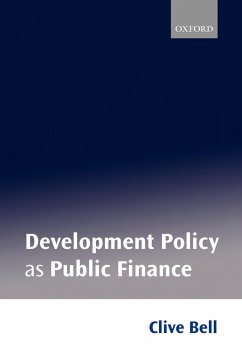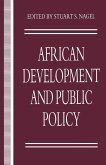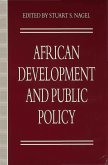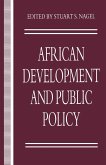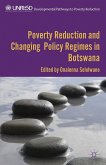At the same time, all proposals to spend public funds, introduce or change regulations, and reform policy should be subjected to a rigorous and uniform system of appraisal, especially when there is a substantial premium on public funds. The methods of social cost-benefit analysis, based on shadow prices, provide just the apparatus that is needed for this purpose. This apparatus and its many applications are developed at length, in the hope of promoting its use as a matter of course. Development Policy as Public Finance will be of interest to graduate students, academics, and advanced undergraduates in economics, development studies, and political science; government agencies and NGOs.
This is a graduate text on the use of public economics in formulating development policy. How to raise and spend revenues in order to promote development in practice involves second-best considerations, which the analysis of the role of international trade, liberalization, and other economic reforms must take into account. Particular emphasis is placed on social cost-benefit analysis as a means to discipline public expenditure decisions. Summaries and exercises are included.
Hinweis: Dieser Artikel kann nur an eine deutsche Lieferadresse ausgeliefert werden.
This is a graduate text on the use of public economics in formulating development policy. How to raise and spend revenues in order to promote development in practice involves second-best considerations, which the analysis of the role of international trade, liberalization, and other economic reforms must take into account. Particular emphasis is placed on social cost-benefit analysis as a means to discipline public expenditure decisions. Summaries and exercises are included.
Hinweis: Dieser Artikel kann nur an eine deutsche Lieferadresse ausgeliefert werden.

